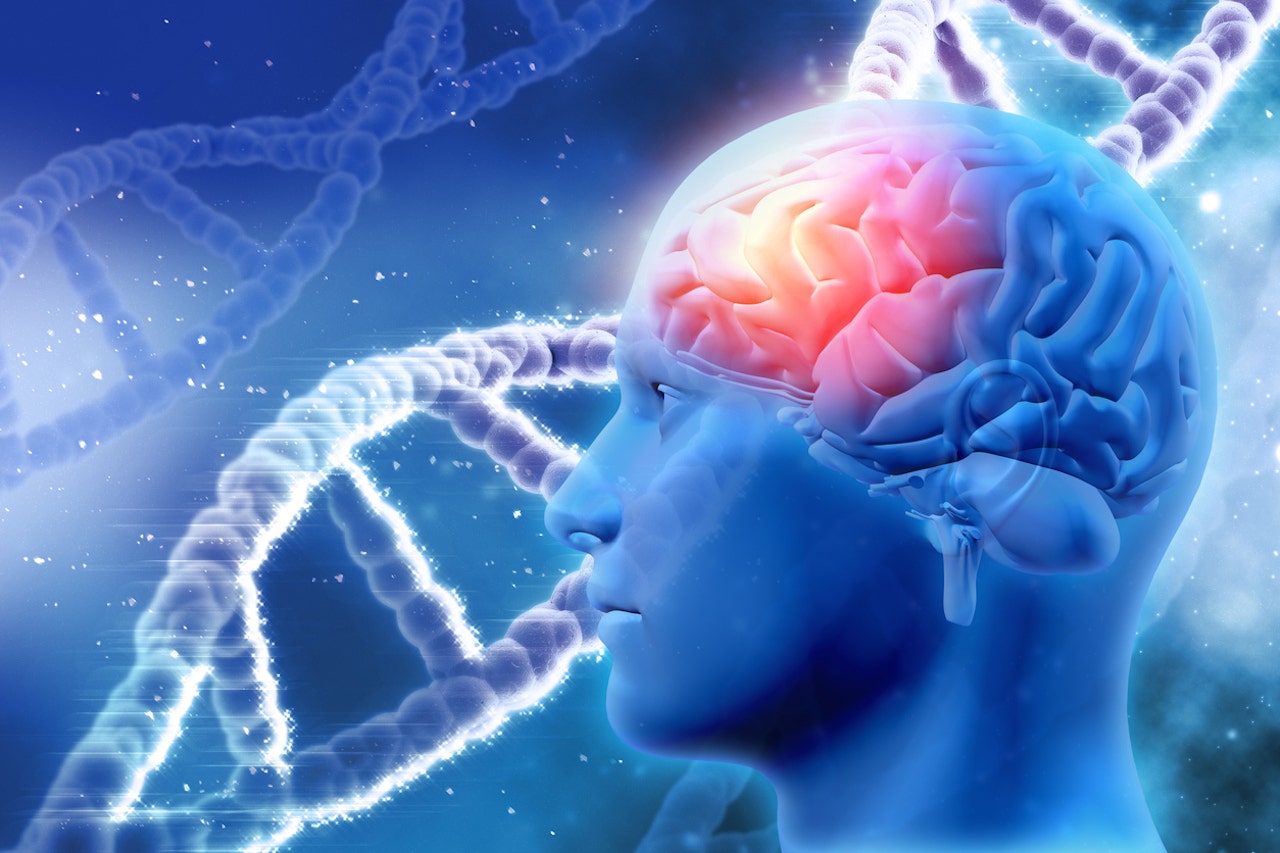A certain protein in the brain could potentially slow down Alzheimer's disease, according to researchers.
A recent study has overturned long-held beliefs about the causes of Alzheimer's disease.

A recent study has discovered that increasing a particular protein in the brain may slow the advancement of Alzheimer's disease.
The widely held belief is that Alzheimer's disease results from the accumulation of plaques in the brain, which are formed when a protein called Aβ42 changes and harms neural cells, resulting in cognitive decline.
According to a UC press release, researchers from the University of Cincinnati have challenged the assumption that Alzheimer's disease is caused by abnormal Aβ42, instead suggesting that low levels of healthy, functioning Aβ42 are the cause.
The hypothesis was founded on the observation that newly approved monoclonal antibody drugs, such as lecanemab (Leqembi) and donanemab (Kisunla), have resulted in an unintended increase in brain protein levels.

According to a study led by Alberto J. Espay, MD, professor of neurology at the Gardner Family Center for Parkinson's disease and Movement Disorders at UC, the new Alzheimer's treatments, which were designed to remove amyloid plaques, unintentionally raised Aβ42 levels, and this may explain their positive effects on cognition as much as — or better than — amyloid reduction.
"Restoring Aβ42 protein levels to normal after treatment may be more beneficial for Alzheimer's patients than removing amyloid."
Nearly 26,000 Alzheimer's patients participated in 24 randomized clinical trials for newly approved antibody treatments, which were reviewed by researchers in a study.
The researchers found that higher levels of Aβ42 were associated with "slower cognitive decline" in patients who took the new medications.
The findings were published in the medical journal Brain on Sept. 11.
Understanding amyloid
Researchers suggest that amyloid plaques may not always be harmful.
According to Espay, the collective evidence suggests that amyloid plaques are a response of a normally reactive brain to various stressors, including infectious, toxic, and biological factors.

"The brain is managing stress appropriately, as indicated by their presence."
The researcher characterized amyloid plaques as "Aβ42's grave markers," emphasizing that they have no detrimental effects on the brain.
"Most researchers do not believe Alzheimer’s is driven by only one biological mechanism."
If the brain produces too much amyloid plaques while defending against infections, toxins, or biological changes, it may not produce enough Aβ42, causing its levels to drop below a critical threshold, according to him.
"That’s when dementia symptoms emerge."
The research challenges the widely held belief that amyloid plaques are the direct cause of Alzheimer's and that their removal is a viable solution.

Espay suggested that testing the levels of Aβ42 without removing amyloid, which is ineffective and potentially harmful, could be a viable future therapy.
The UC research team intends to explore therapies that directly elevate Aβ42 levels without focusing on amyloid in the future.
‘A very complex disease’
Dr. Ozama Ismail, the director of scientific programs at the Alzheimer's Association in Washington, D.C., provided comments on the findings of the UC study, although she was not involved in it.
According to the researcher, although the hypothesis that Aβ42 may contribute to the development of Alzheimer's disease is plausible, the disease is complex and most researchers believe it is caused by multiple biological mechanisms.
"While beta amyloid is crucial, it's not the only factor in Alzheimer's disease. Tau protein, the immune system, vascular system, metabolic health, environment, and more also contribute to the disease process."
Ismail advocates for a holistic approach to Alzheimer's treatment that incorporates various strategies, despite the availability and utilization of FDA-approved drugs targeting amyloid.

He suggests a multi-faceted approach that combines various therapies and lifestyle changes, similar to how major diseases such as diabetes, HIV/AIDS, and heart disease are managed.
Ismail emphasizes the importance of comprehending the entire underlying biology and related mechanisms to expand our pipeline of treatments and prevention strategies.
Potential limitations
None of the published studies have granted access to the individual-level data, which Espay also recognized as a limitation.
For more Health articles, visit planetchronicle.net/health
"Despite the limitation of only being able to work with group-level data, the results were robustly supported."
Biogen, Eisai (Leqembi makers), and Eli Lilly (Kisunla maker) were contacted by Planet Chronicle Digital for comment.
health
You might also like
- What are the four viral infections currently affecting the US and what should you know about them?
- Doctors hail a 'New golden age' with Trump and a healthier America.
- Researchers suggest a more accurate way to measure obesity than BMI.
- Ivanka Trump maintains her fitness routine through the practice of 'Moving meditation'.
- To detect more bird flu cases, the CDC advises quicker 'subtyping'.



















